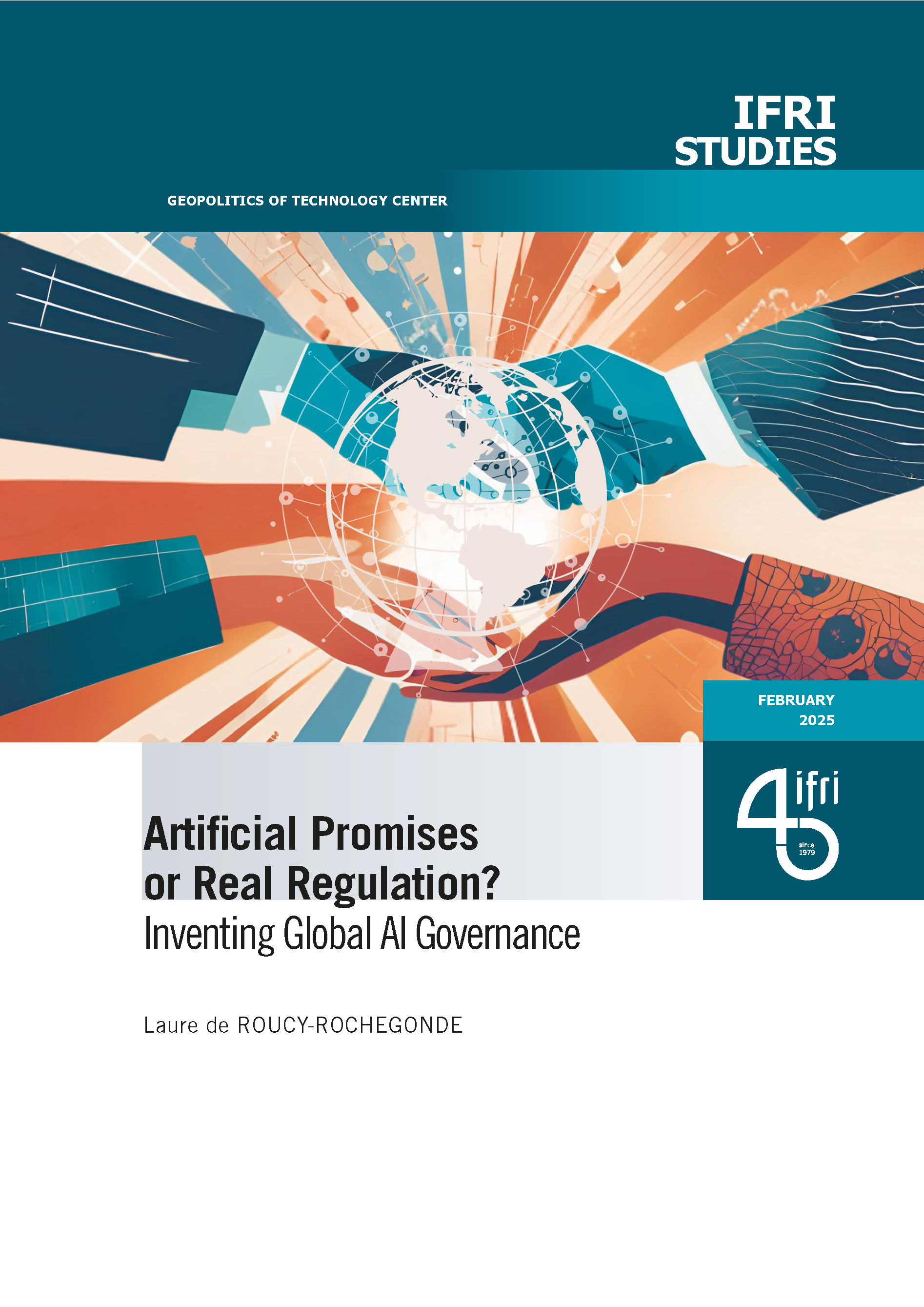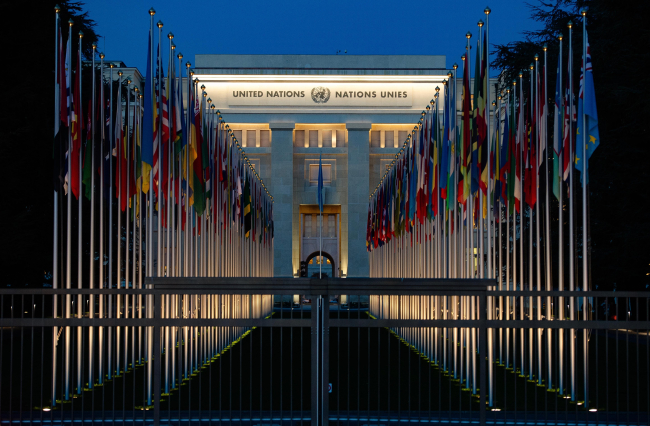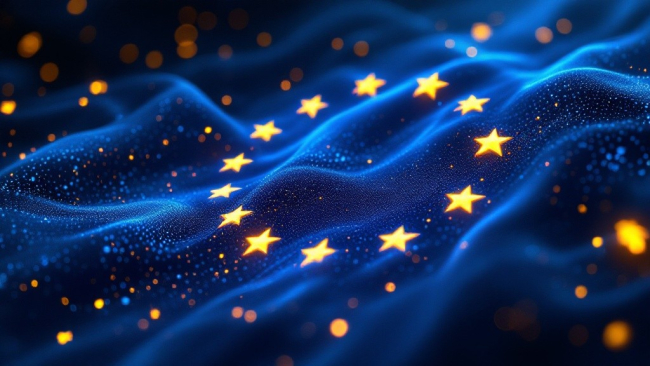Artificial Promises or Real Regulation? Inventing Global AI Governance

The risks inherent to the unregulated use of AI, a key technology and vector of profound transformations within societies underline the pressing need to harmonize governance efforts at the international level. The Summit for Action on Artificial Intelligence to be held in Paris in mid-February could be an unprecedented timely occasion to agree on a global governance framework of AI for the public good.

Arising from the political and economic ambitions of a plurality of players with often divergent interests, the international framework of artificial intelligence (AI) is an acute reflection of contemporary geopolitical tensions.
The risks inherent to the development and mass adoption of AI, a key technology and vector of profound transformations within societies for health, education, employment or the environment, underline the pressing need to harmonize governance efforts at the international level.
Global governance of AI relies on the ability of state and non-state players to set common standards on technological risks, the boundaries to be drawn, and the principles to be safeguarded. These endeavors aim to promote the safe development of AI that is universal, adapted to cultural diversities, free from bias, and respectful of democratic values and fundamental rights and freedoms.
However, residual political, economic and legal challenges exacerbated by the limits of existing regulatory frameworks – in the face of increasing balkanization of governance approaches and fragmentation of the international community – considerably complicate the implementation of such an initiative.
Given the intrinsically evolving nature of AI, it is vital to build an adaptable and flexible “future-proof” governance framework capable of anticipating and adjusting to technical advances.
The Summit for Action on Artificial Intelligence to be held in Paris in February is an unprecedented timely occasion to agree on a shared vision of AI governance that is sustainable and inclusive. For decision-makers, it’s an opportunity to better grasp the evolution of practices, regulatory shortcomings, the interests influencing the agreements under construction, and the compromises needed to frame AI on a global scale in the years to come.

Available in:
Themes and regions
ISBN / ISSN
Share
Download the full analysis
This page contains only a summary of our work. If you would like to have access to all the information from our research on the subject, you can download the full version in PDF format.
Artificial Promises or Real Regulation? Inventing Global AI Governance
Related centers and programs
Discover our other research centers and programsFind out more
Discover all our analysesRegulatory Dynamics and Tensions in the Space Sector: Towards and Americanization of Space Law?
The development of space law has gradually evolved from a top-down normative dynamic dominated by the founding impetus of the UN to a bottom-up normativity driven by national and industrial practices. This evolution is now accompanied by growing normative competition, raising the risk of an Americanization of space law and prompting the question of a European response.
The Sustainability of Space Operations: An Opportunity for European Leadership?
As space becomes a key arena for power projection strategies, while facing growth and diversification of orbital activities, the concept of “space sustainability” is emerging as a new framework of analysis for space governance.
The “Huawei Saga” in Europe Revisited: German Lessons for the Rollout of 6G
While the European Union attempted to coordinate a collective response through its 5G Toolbox in Europe’s 5G infrastructure, member states diverged significantly in balancing political, economic, and technological considerations. Germany, despite its economic ties to China and status as Europe’s largest telecom market, only reached a tentative agreement in July 2024—one that appears largely symbolic.
European Startups and Generative AI: Overcoming Big Tech Dominance
Europe is at a crossroads. Faced with the domination of American Big Tech across the entire generative Artificial Intelligence (AI) value chain, from foundation models to cloud infrastructure, distribution channels, and open source, it risks long-term technological and economic decline. Yet generative AI also represents a major opportunity for economic transformation, with a potential value estimated at 1.5 times France’s gross domestic product (GDP). To turn it into a driver of renewal, Europe must move beyond the illusion of total technological independence and instead build an ecosystem that leverages Big Tech resources while strengthening its own innovation capabilities.












